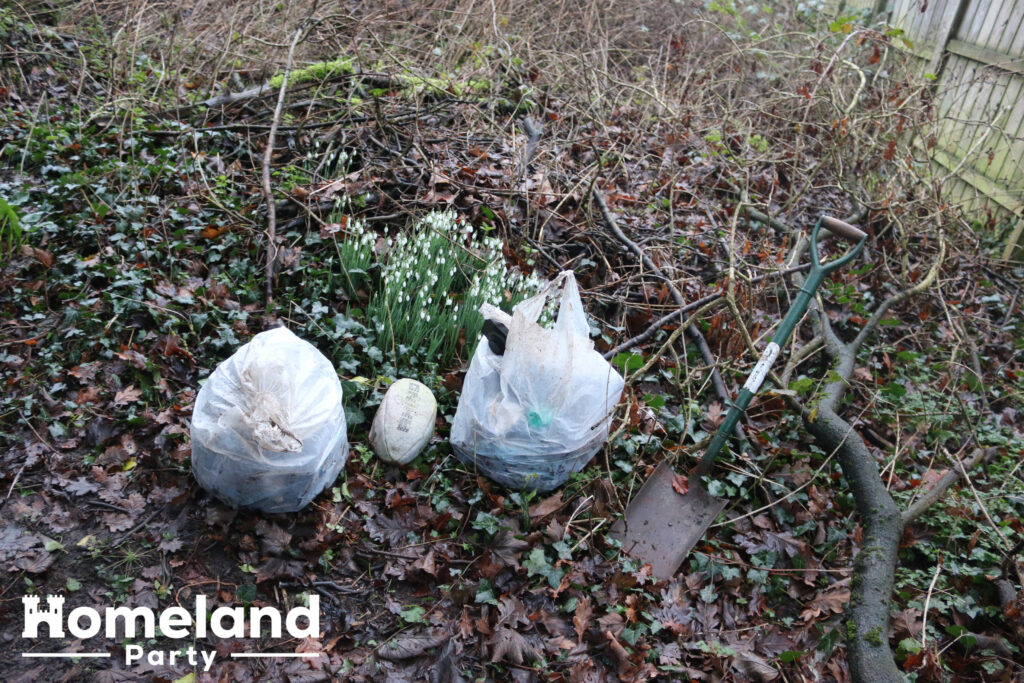In a time of profound national uncertainty, a television show like Clarkson’s Farm feels less like mere entertainment and more like a lifeline tethered to a simpler, more grounded version of life. As the Labour government stumbles through its policies, exacerbating public dissatisfaction, this unexpectedly impactful series offers a refreshing reminder of traditional values and local identity that many feel are being eroded.
A Surprise Discovery
Admittedly late to the game, I approached Clarkson’s Farm with scepticism. Jeremy Clarkson, the brash, once-divisive figure from Top Gear fame, embarking on an agricultural odyssey seemed like an odd mismatch. Yet within two episodes, my reservations melted away, replaced by an admiration for the show’s raw honesty, quirky charm, and the sense of timeless England it encapsulates.
The English Countryside: A Bastion Against Globalism
The show’s setting in rural England, untouched by the homogenising forces of globalism, speaks volumes. While cities morph into interchangeable hubs, the countryside’s customs, character, and charm remain steadfastly English. Clarkson’s Farm showcases this enduring parochial wisdom. Here, people like Kaleb, Clarkson’s unpretentious yet profoundly knowledgeable assistant, embody a refreshing sincerity. His unapologetic localism, contrasted with the performative worldliness of urban elites, highlights the deep value of authenticity over superficial cosmopolitanism.
In response to Clarkson’s weather-related musings, Kaleb’s innocent question, “Where’s Oklahoma?” resonates deeply. It challenges the assumption that knowing everything about the world outside one’s community is inherently superior to mastering the skills and values that sustain it.
A Showcase of Implicit Nationalism
For all its entertainment value, Clarkson’s Farm inadvertently becomes a love letter to an English way of life that feels under threat. The tight-knit community, the celebration of local traditions, and the genuine connection to the land exude a quiet, natural nationalism. This isn’t the blaring chauvinism of flag-waving rallies but the silent pride of people living in harmony with their roots.
Clarkson himself leans into this dynamic, winking at the audience with comments like Amazon’s quest for “diversity” yielding nothing but “every type of 60-year-old white man.” A moment of levity underscores a deeper truth: communities rooted in heritage, ancestry and shared values often offer warmth and cohesion missing in fractured urban landscapes.
The Homeland Party Connection: Learning from Chipping Norton
The Homeland Party’s message of preserving national identity and fostering social cohesion aligns naturally with the ethos of Clarkson’s Farm. The show inadvertently illuminates how small-scale, community-focused living stands as a bulwark against the soullessness of unchecked liberalism and globalisation. The Labour government’s failures only highlight the need for grounded solutions rooted in preserving what truly matters.
The challenge is clear: translating this idyllic vision into actionable policies. It requires courage to address the uncomfortable truths about demographics and integration while celebrating the virtues of localism. If Clarkson’s Farm teaches us anything, it’s that the solutions lie not in grand utopian schemes but in nurturing what already works—a return to tradition-informed progress.
Clarkson’s Farm serves as more than escapism; it’s a blueprint for the kind of society many yearn for: authentic, rooted, and proud. And perhaps it’s no coincidence that the Homeland Party’s colour of choice is racing green—a shade as deeply tied to our national identity as the English countryside itself.


